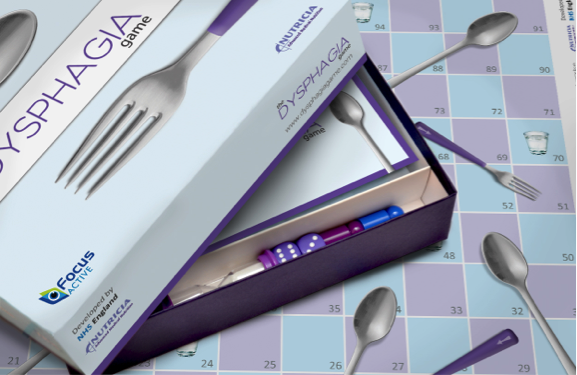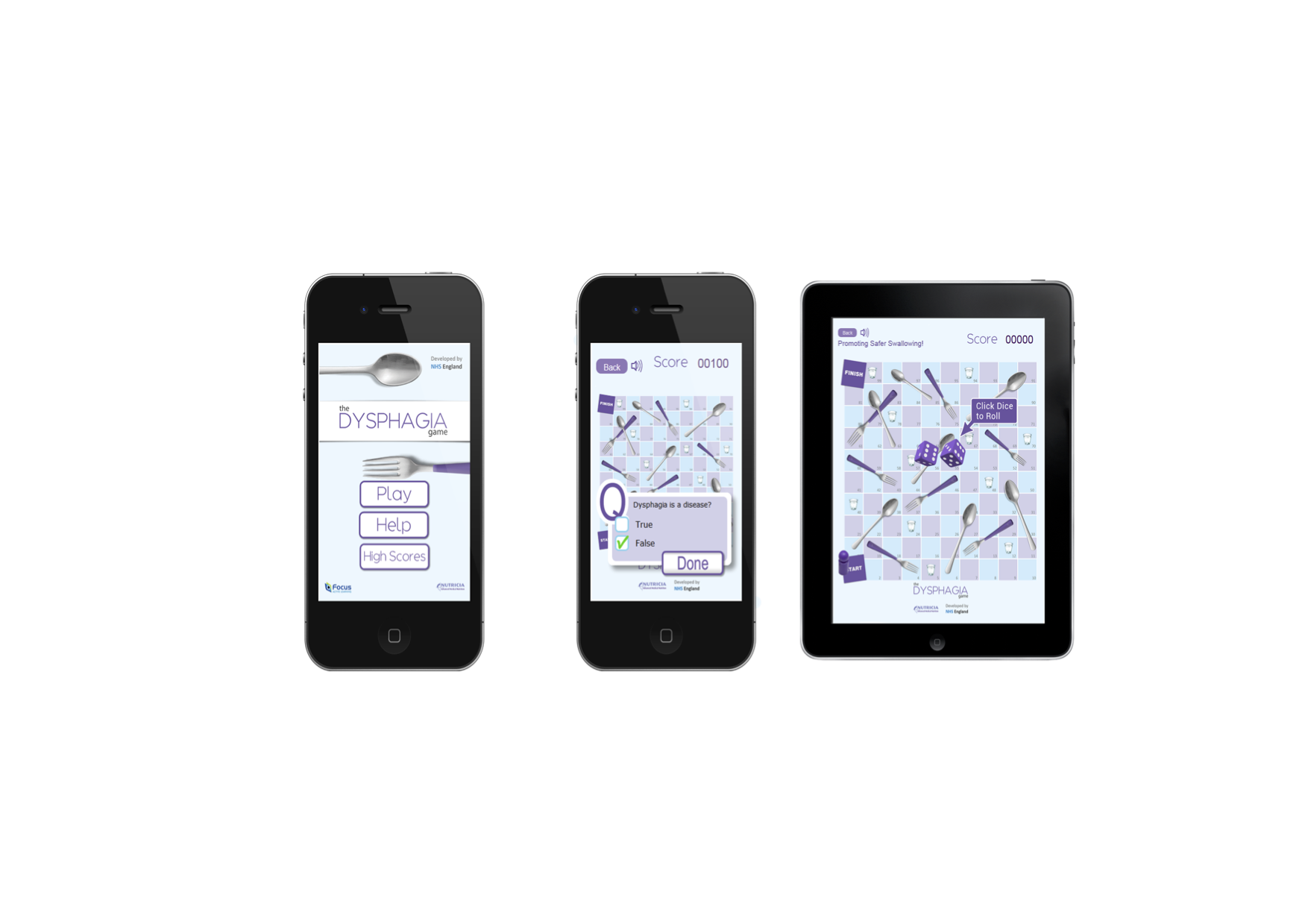Playing with avoidable harm
Andy Yeoman and Melvin Bellare, co-founders of Focus Active Learning.
Andy and Melvin have been developing educational games for use in healthcare for over 10 years.
Safety
Patient safety and staff training are inseparable; harms are on the whole, avoidable and happen because the basic elements of observation, risk assessment and patient management are not applied. In many instances however, the improvements needed to avoid patient harm are very simple and don’t require any new technology or complex support. If staff are encouraged and allowed to make small beneficial improvements to care delivery then harm to patients can be reduced significantly.
The process for persuading staff to change looks simple on paper:
- raise awareness of specific patient harms, their magnitude and their impact on lives and resources
- remind staff that these harms are mostly avoidable if individual staff members take responsibility for improving care delivery
- offer practical information that is relevant and can be implemented straightaway
- deliver this information close to the frontline; make it engaging and ensure that staff are both willing and able to put what they’ve learned into practice immediately
- replicate this across a system where time and resources are in short supply and low morale may be a barrier to engagement
In reality, many staff members don’t have much protected learning time and their employers may not have the resources to deliver formal training to the front line. So how do we ‘persuade’ and support thousands of people to do their jobs differently when time and resources are increasingly scarce?
It is possible.
Playtime!
‘Serious’ games are being used increasingly with frontline staff in health care to help change how they work. Simple board games built around basic clinical information and practical advice can be a very effective way of engaging and informing staff. The key to their success is the discussions that they catalyse and the sense of ‘ownership’ that this creates among the players which makes it easier for them to change the way they work.
What appear to be relatively simple games are in fact stimulating a complex series of interactions between players allowing them to absorb and arrange information in ways that make most sense to them.
As with many things, the dividing line between pointless gimmick and effective tool needs to be clearly drawn. Making effective educational games is not easy; to create an effective game you must have clear learning objectives and a deep understanding of how games, people and learning interact. A skilfully designed game built around relevant clinical content can deliver a lot in 45 minutes because it facilitates:
- motivation – games are fun and people are happy to play
- feedback – players are encouraged to share new ideas & collaborate
- practice – games facilitate active learning of real and virtual skills
- positive emotions – fun, competition and collaboration make learning memorable
- intensity – players are completely focussed on the game and the discussions they’re having
- choices & decisions – the game encourages active engagement with information and ideas
During a game staff have the opportunity to share experiences, analyse critical incidents, reflect on new information and review their performance. This encourages players to discuss, share and reflect on their own personal experiences in a safe and supportive environment.
In essence, the games are portable learning environments that facilitate active reflective learning with few resources, in any setting and all within 45 minutes. And they’re fun – learning feels effortless and the decision to change the way you work seems easy and obvious.
Dysphagia
The Dysphagia Game was launched in March 2014, and is an example of how relatively simple games can be used to help staff improve patient safety.
As most of you know, dysphagia is a condition that makes swallowing food and drinks difficult. It affects people of all ages and is particularly associated with dementia, Parkinson’s disease, and cancer, but can also affect people who have had strokes or surgery around the head or neck. Dysphagia increases the risk of malnutrition, dehydration, aspiration pneumonia and choking. It also affects quality of life as a result of malnutrition, dehydration, anxiety and embarrassment.
Dysphagia is often poorly understood by healthcare workers, and engaging frontline staff in training is difficult, especially in busy care homes and hospitals. Moreover, good face-to-face or online training tools are not always available or accessible. This lack of understanding and education exposes patients to avoidable discomfort, pain and death.
Seeking to address this educational deficit, and inspired by the recent success of “serious” games such as The Nutrition Game, NHS England and Focus Active Learning agreed to develop an innovative game-based training tool to help improve detection and management of dysphagia. Nutricia Advanced Medical Nutrition generously offered to sponsor the project and bring their expertise in the management of dysphagia to help develop the Dysphagia Game.
A steering group of experts was convened from the following organisations:
- NHS England
- Royal College of Speech and Language Therapists
- British Dietetic Association
- Nutricia Advanced Medical Nutrition
- Barchester Healthcare
- Focus Active Learning
- National Nurses Nutrition Group
This group defined the key objectives for the game:
- Describe the problem in clinical, financial and human terms
- Illuminate the size and seriousness of the problem
- Explain that individual players can have a direct influence on patient safety
- Offer simple risk assessment and management advice that can be put into practice immediately
These subject matter experts worked intensively over an 8-week period to create a core of scenarios and questions around dysphagia that drive the game. The objective was to create a learning resource that was portable, credible, effective, and also could be facilitated by anyone in any setting with up to 10 people within 45 minutes.
The game is aimed primarily at frontline healthcare professionals, support staff and catering staff in hospitals, care homes and hospices, and universities. An unexpected benefit of the game is that when the technical content is removed the game is very useful for informing and supporting patients and carers allowing them to take more control of the condition.
The Dysphagia Game was launched during Nutrition & Hydration Week 2014 and has been extremely well-received, especially in care homes (Figure 1). There are currently over 500 board games being used in the UK and demand for the game is increasing. The game is also being tested in the USA, Canada, Germany, Australia, New Zealand, Switzerland, Saudi Arabia and Norway so the appeal of games is clearly very broad.

A simplified online version of the board game has been developed to support the board game and it can be played on any smartphone, tablet or PC (Figures 2). It is free for anyone to play and it can be found on the game website at: http://www.dysphagiagame.com



























